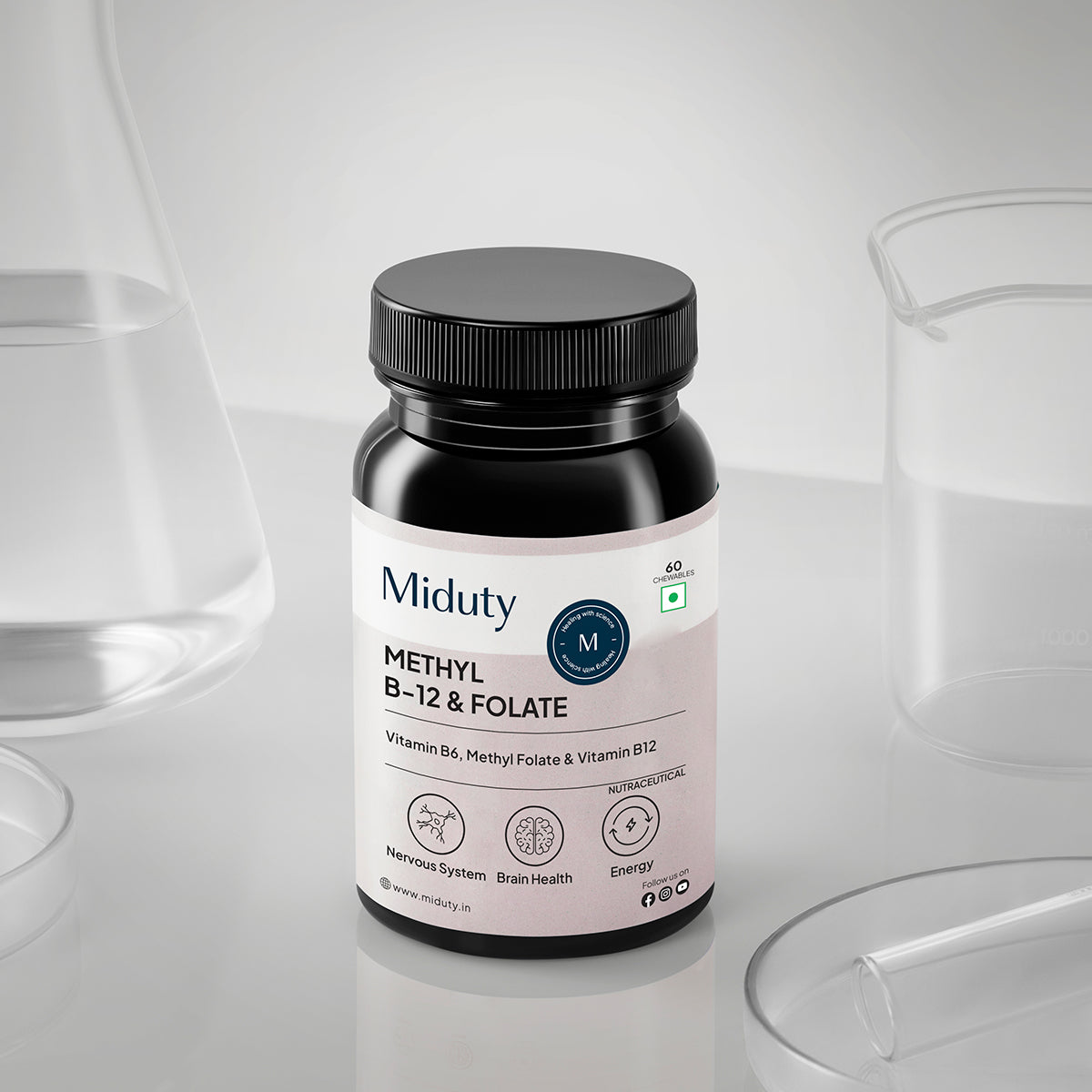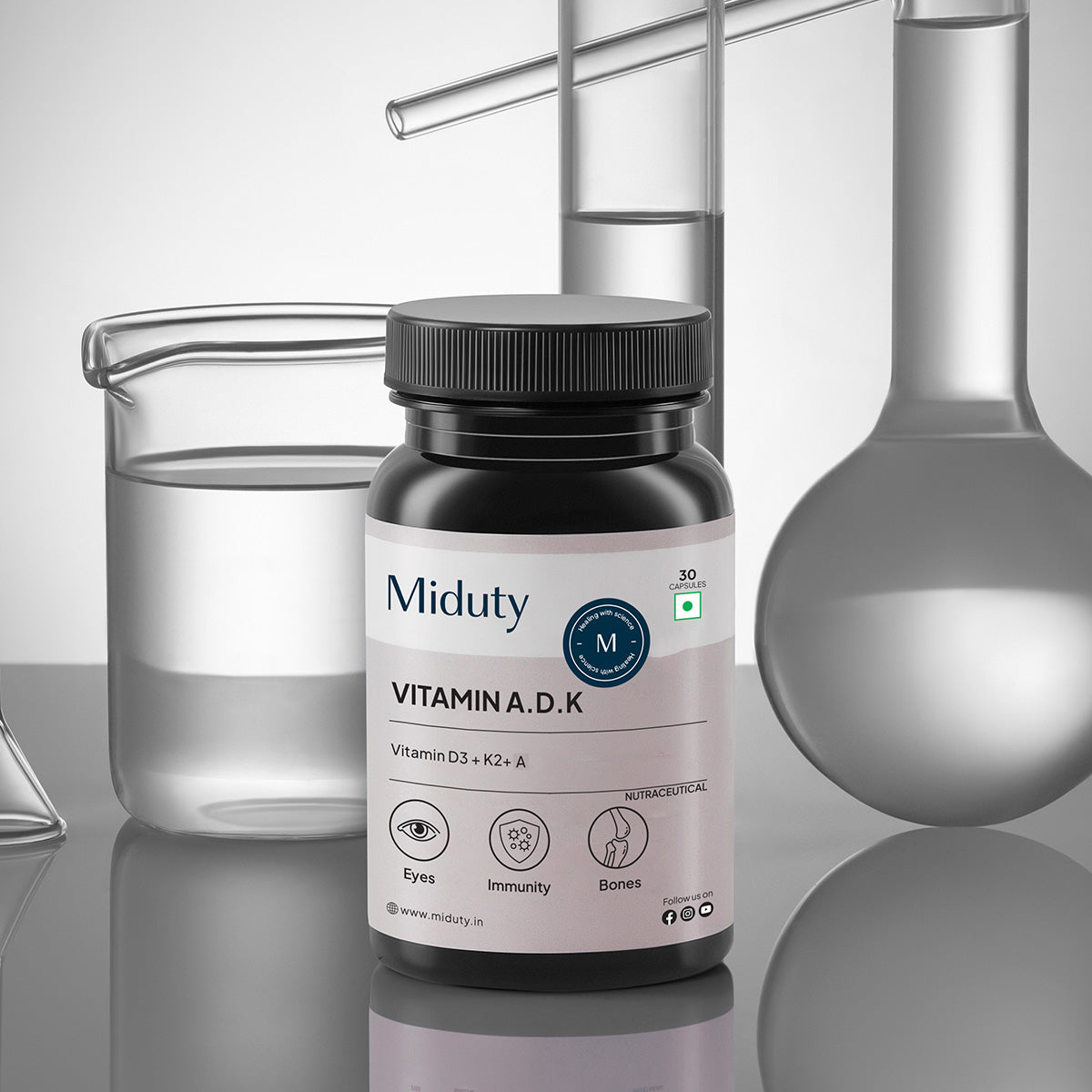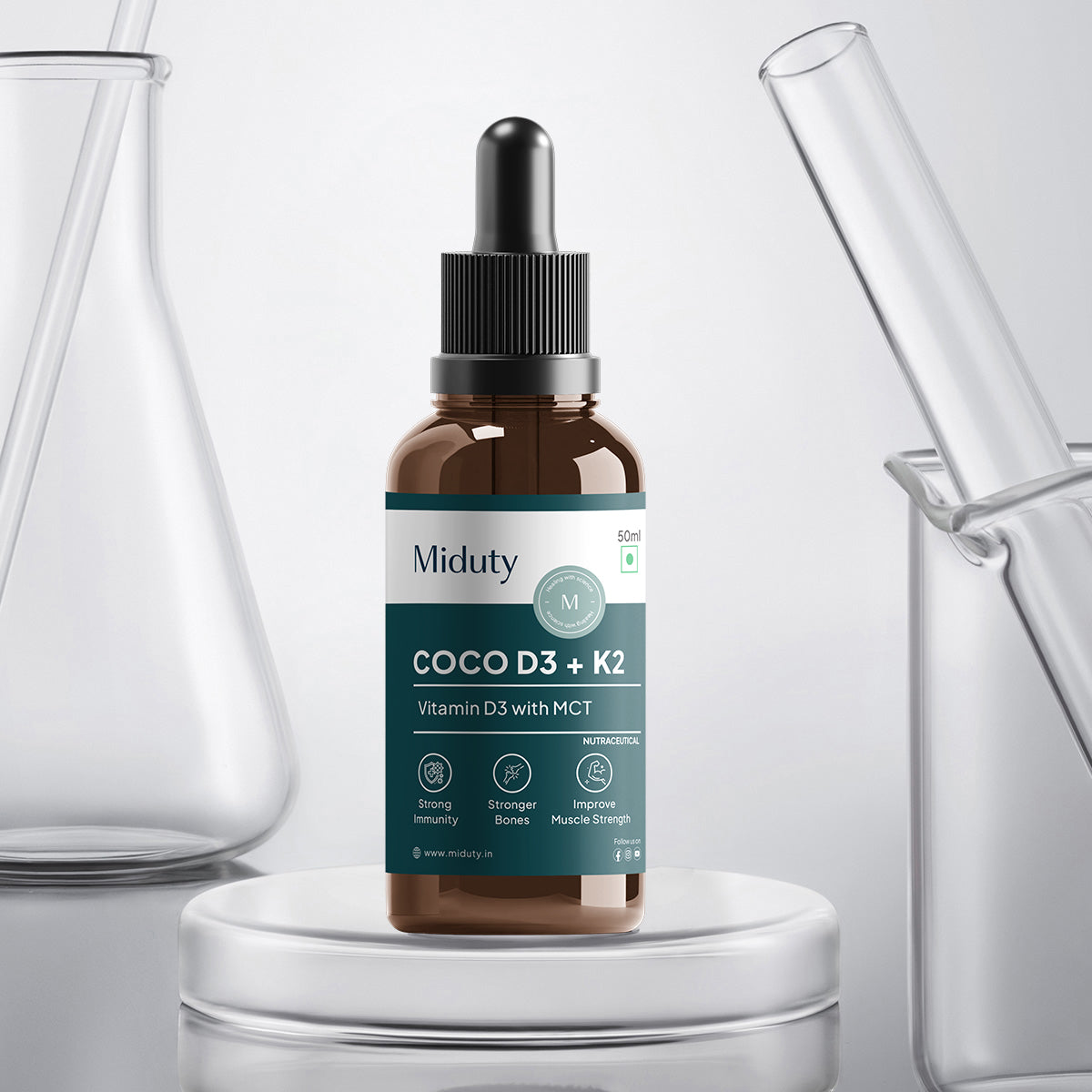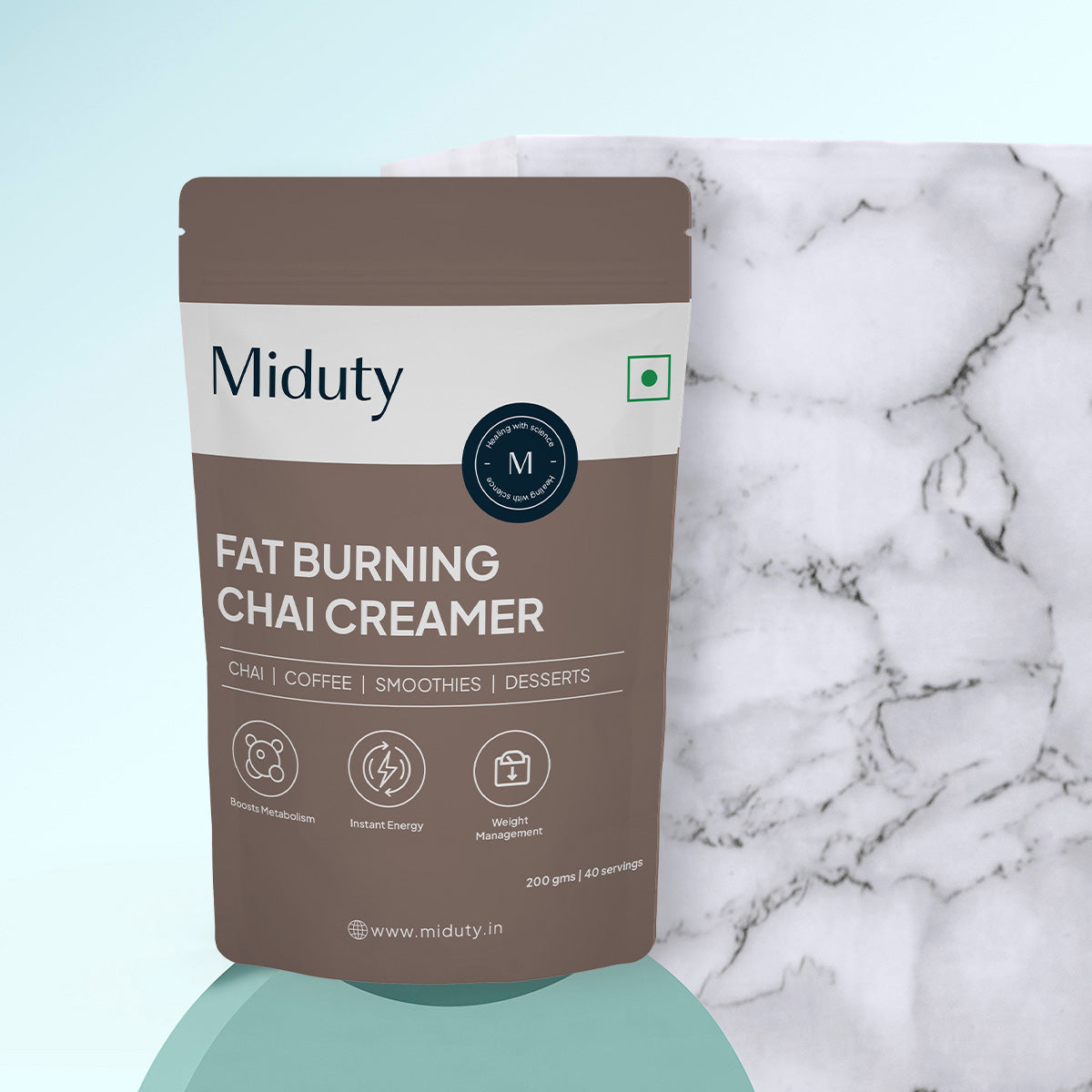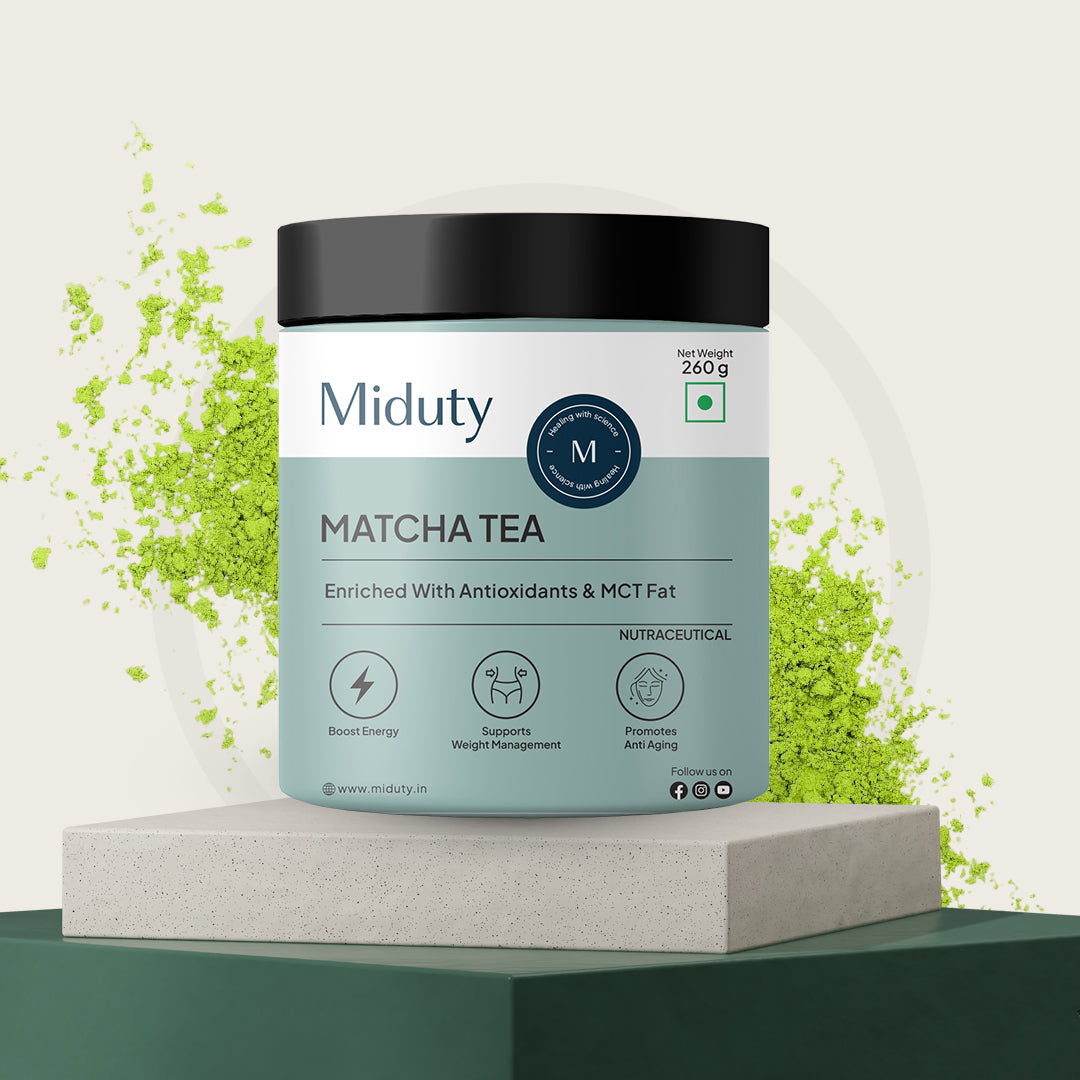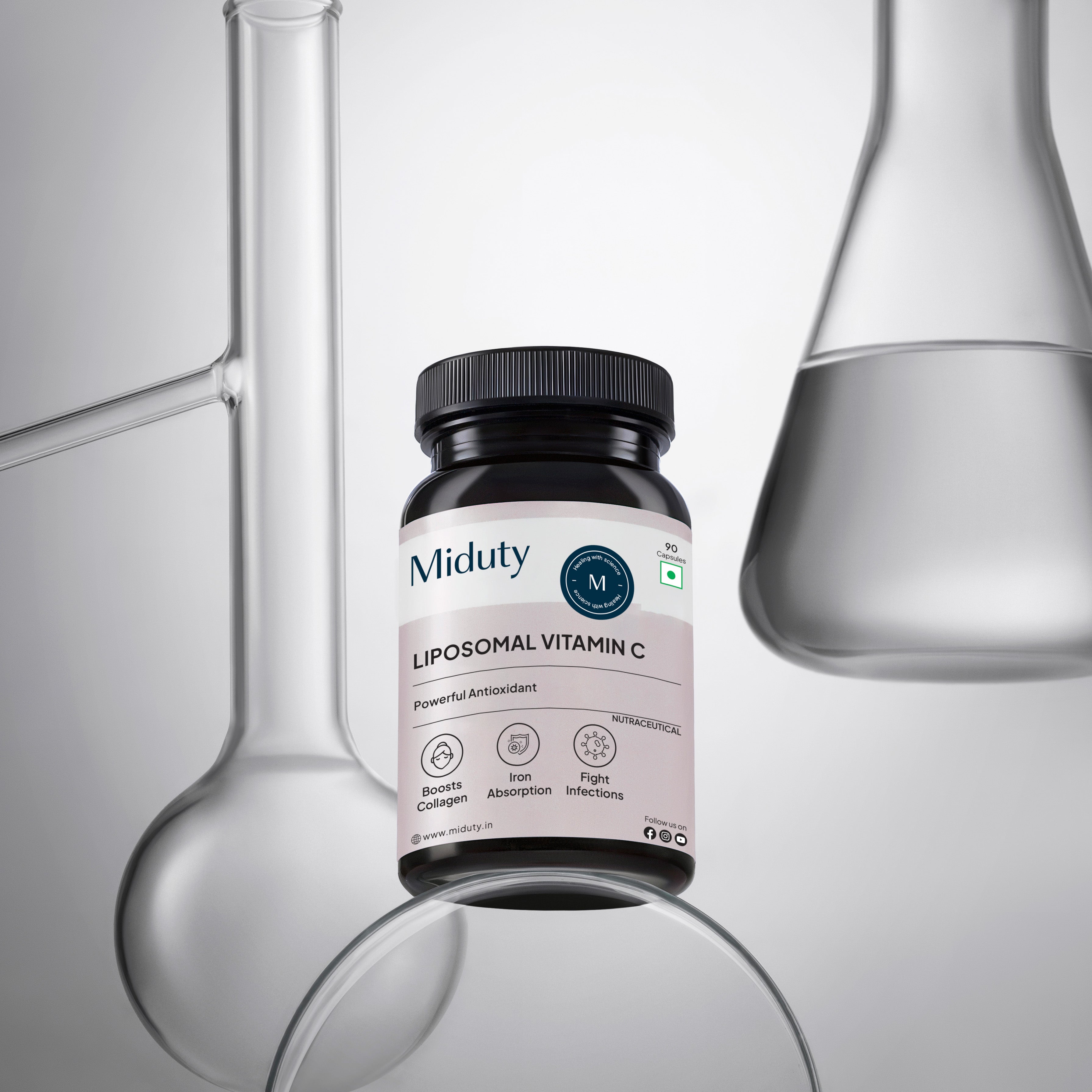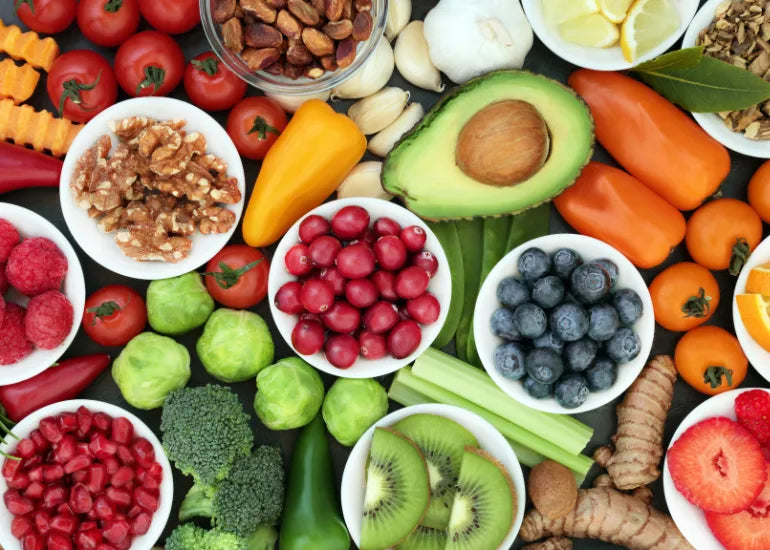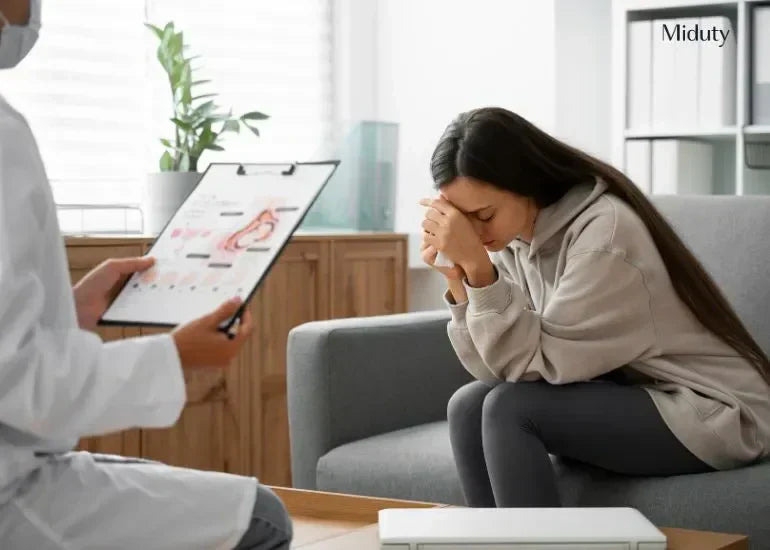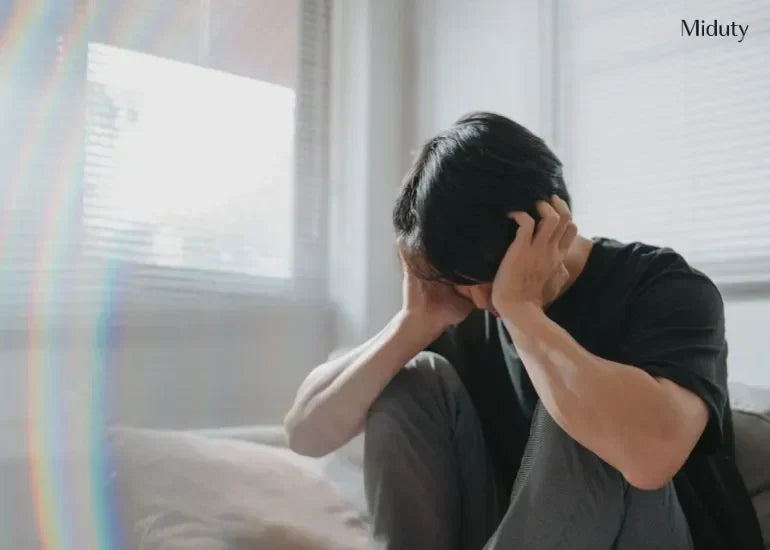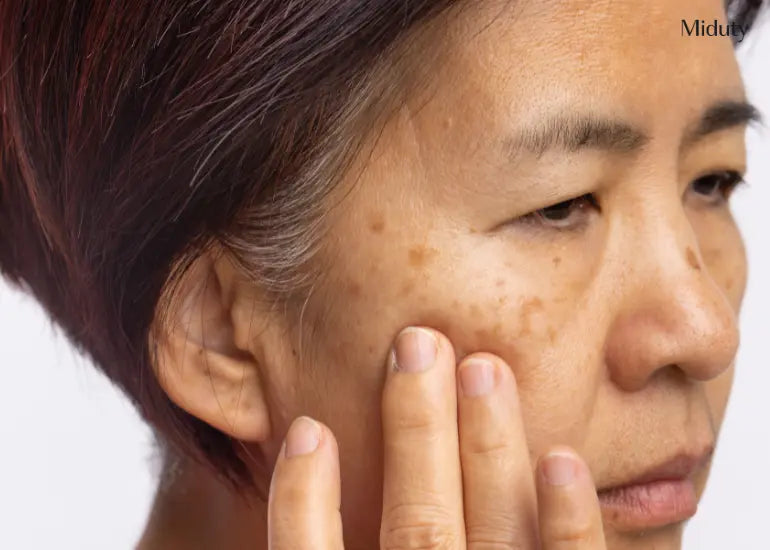
Does Coffee Affect Vitamin Absorption? The Truth About Coffee and Vitamins
Coffee is a staple in many people's daily routines, celebrated for its rich flavor and energizing effects. But there's a lingering question that coffee drinkers often ask: Does coffee destroy vitamins? This query is more than just a health concern it's about understanding how our beloved beverage interacts with our nutritional intake.
In this blog, we'll explore how coffee and vitamins intersect, including whether you can take vitamins and coffee at the same time, how coffee affects vitamin absorption, and the impact of coffee on specific vitamins like B12, D, and C. By the end, you'll have a clearer picture of how to enjoy your coffee without compromising your vitamin intake.
Coffee and Vitamins: A Complex Relationship
Coffee is packed with antioxidants and has been linked to various health benefits, including improved focus, enhanced exercise performance, and a reduced risk of several diseases.
There are different types of coffee, and their quality can influence their impact on your health. Here's a breakdown of how good coffee and bad coffee affect your vitamins:
1. The Downside of Bad Coffee
Bad coffee often contains mycotoxins, which are harmful compounds produced by molds that grow on coffee beans. Mycotoxins can cause various health issues, including:
b) Cancer
e) Brain damage
According to coffee expert Dave Asprey, these toxins are a major issue with cheaper and lower-quality coffees. Mycotoxins not only harm your health but can also make coffee taste bitter, masking its true flavor. Consuming coffee contaminated with mycotoxins might lead to deficiencies in essential vitamins like B12.
2. The Bright Side of Good Coffee
On the other hand, good coffee, especially when organic and single-origin, can provide numerous benefits:
a) High in Antioxidants: Good coffee is rich in antioxidants, which help neutralize free radicals and protect your cells.
b) Cognitive Benefits: Coffee improves focus and memory recall.
c) Health Benefits: Regular coffee consumption is linked to a lower risk of Type 2 diabetes, Parkinson's disease, dementia, stroke, and cancers of the liver, kidney, and prostate.
Is Your Coffee Habit Draining Your Vitamins?

The acidity of coffee can cause the body to extract minerals like calcium from your bones to balance your blood pH. Over time, this can potentially lead to mineral deficiencies, especially if coffee consumption is excessive. Additionally, very hot drinks can deactivate some vitamins and kill live probiotic bacteria, further affecting nutrient absorption.
Does coffee deplete vitamins? Let's delve into how coffee interacts with various vitamins:
1. Coffee and Vitamin B12
Vitamin B12 deficiency is a growing concern in modern times, with symptoms ranging from tingling and numbness to depression and fatigue. Vitamin B12 is considered one of the most critical vitamins for overall health and is ranked as the third most essential nutrient to focus on, following Vitamin D and Magnesium.
Recent studies have examined the link between coffee consumption and nutrient absorption, particularly its impact on B vitamins. Research published on PubMed has highlighted a direct relationship between regular coffee intake and reduced B vitamin levels. While coffee is widely praised for improving focus and concentration, excessive consumption can have adverse effects on nutrient absorption. To maintain healthy levels, it's recommended to limit coffee consumption to no more than two cups per day.
2. Coffee and Vitamin D
Vitamin D is essential for bone health and immune function. Coffee and vitamin D don't have a significant direct interaction, but excessive coffee consumption may affect overall vitamin D status indirectly. For optimal absorption of vitamin D, it's best to consume coffee at a different time from your vitamin D supplements.
3. Coffee and Vitamin C
Does coffee destroy vitamin C? Coffee itself does not destroy vitamin C, but the acidity of coffee can impact the stability and absorption of vitamin C. Additionally, the high caffeine content might affect the body's ability to retain and utilize this crucial vitamin effectively.
4. Coffee and Iron
Another important factor to consider is coffee's impact on iron absorption. Drinking coffee within an hour of a meal can reduce iron absorption by up to 80%, so it's vital to time coffee consumption wisely. Understanding how coffee interacts with essential nutrients can help promote overall health and well-being
Can You Take Vitamins and Coffee at the Same Time?
Can you take vitamins and coffee at the same time? It's generally recommended to avoid taking vitamins and coffee at the same time. The high acidity and caffeine in coffee can interfere with the absorption of certain vitamins and minerals. For instance, coffee can reduce iron absorption by up to 80% if consumed within an hour of a meal. It's best to wait at least an hour after taking vitamins before drinking coffee to maximize absorption.
How Long After Taking Vitamins Can I Drink Coffee?
To ensure optimal absorption of your vitamins, wait at least an hour after taking your supplements before drinking coffee. This will help prevent any interference with nutrient absorption and allow your body to fully utilize the vitamins you've taken.
Ideal Coffee Selection Tips!
To minimize negative health impacts and maximize the benefits of coffee, consider the following tips:
1. Opt for Organic Coffee: Organic coffee is less likely to contain harmful pesticides and mycotoxins.
2. Choose Whole Bean Coffee: Whole beans generally have fewer contaminants compared to pre-ground coffee.
3. Avoid Cheap Coffee and Coffee Blends: These often contain lower-quality beans and more mycotoxins.
4. Prefer Dark Roasts: Darker roasts have less acidity compared to lighter roasts.
Conclusion
Does coffee destroy vitamins? The answer is nuanced. While coffee can interfere with the absorption of certain vitamins, choosing high-quality coffee and timing your consumption can help mitigate these effects. Drink no more than two cups of high-quality coffee per day, and be mindful of when you take your vitamins to ensure you're not compromising their effectiveness.
For coffee lovers, selecting the right coffee and being strategic about vitamin intake can help you enjoy your daily cup without sacrificing your health. By understanding the interplay between coffee and vitamins, you can make informed choices that support both your energy levels and overall well-being.


